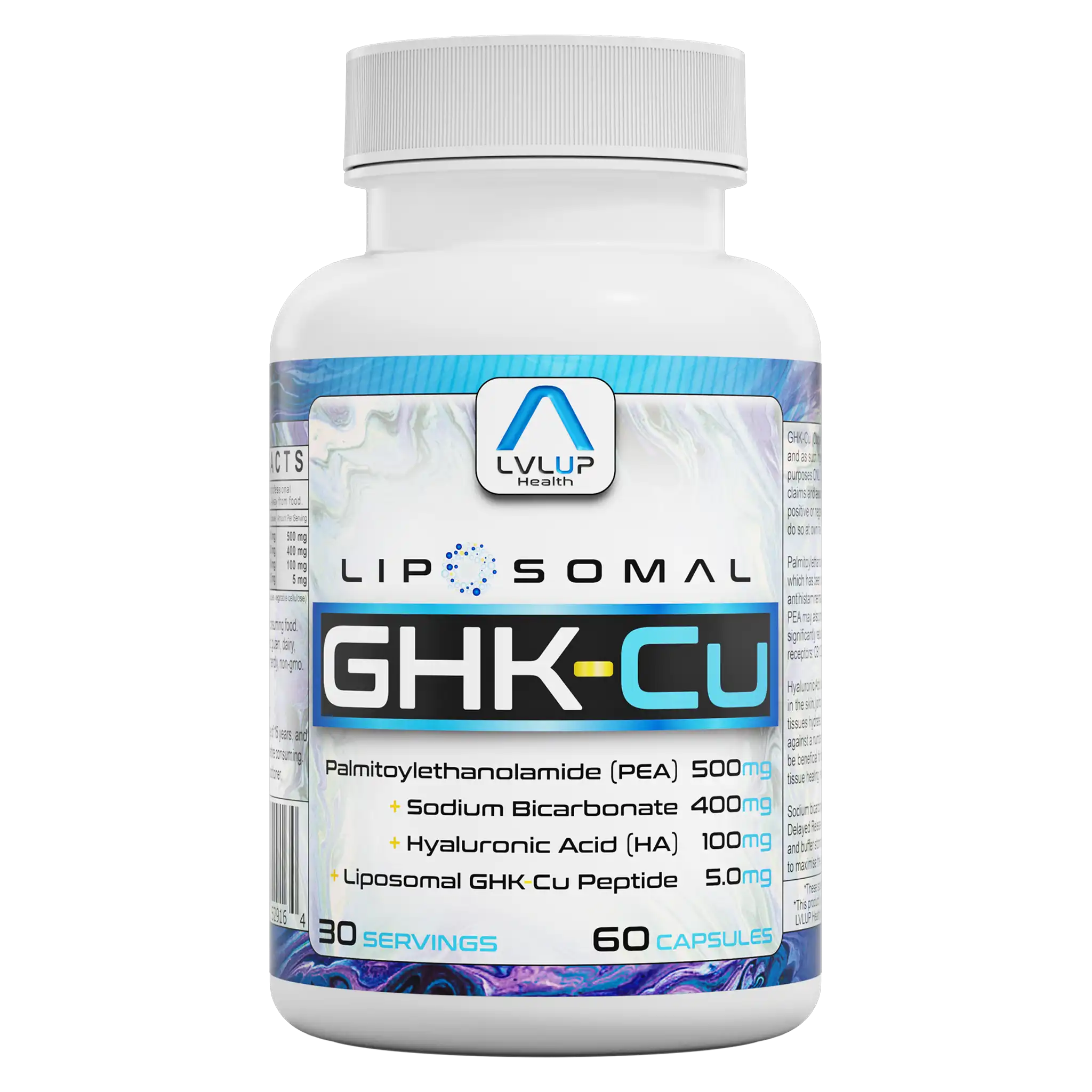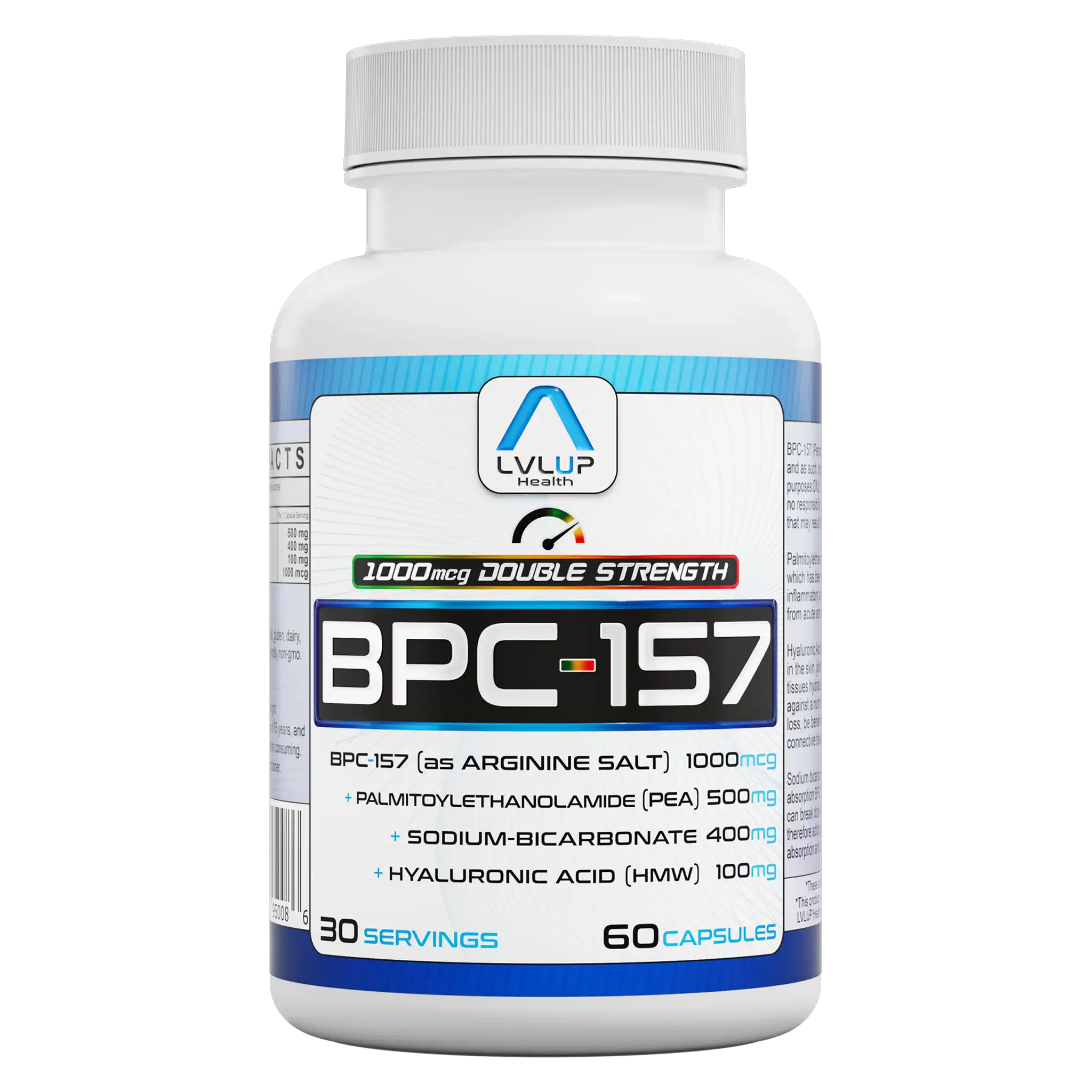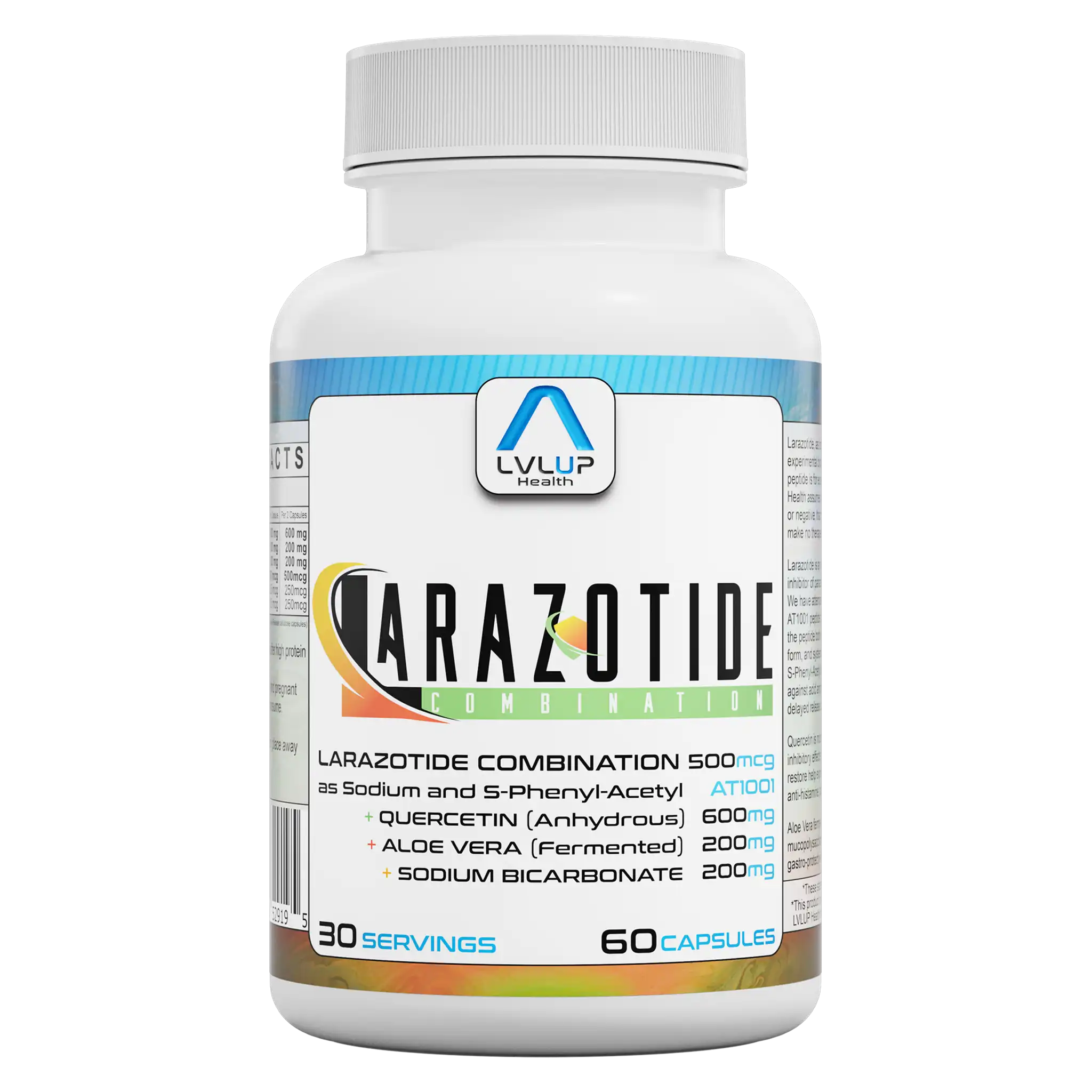Larazotide
About Larazotide
Understanding Larazotide
Larazotide supports tight junctions, which act as the body’s natural border patrol between the gut and bloodstream. When these junctions work properly, they keep out things like toxins, undigested food particles, and potentially harmful microbes. When they falter, “leaky gut” symptoms can show up. Larazotide works to keep these junctions firm yet flexible – allowing vital nutrients through while blocking unwanted guests.
Common Formulations
In supplement formulas, larazotide rarely works alone. You’ll often see it joined by ingredients like digestive enzymes, prebiotics, and antioxidants. This combination aims to create an optimal environment for gut lining health and tackle multiple aspects of digestive balance at once. These blends can be appealing for people managing food sensitivities or those following specialized diets that may stress the gut lining.
Practical Applications
Larazotide blends typically come in capsules or powders. They’re often chosen by individuals looking for consistent, non-pharmaceutical ways to care for their digestive tract. Formulas may include glutamine (an amino acid with a reputation for supporting gut cells), zinc (which helps with repair), or well-researched probiotics.
Incorporating into Wellness
In practical use, larazotide combinations fit into wellness routines focused on barrier function – especially if you’re interested in day-to-day maintenance of gut comfort or facing particular dietary hurdles. People who want a proactive approach that covers more than just symptoms often find this ingredient compelling.
Formulated With
Detailed Information
Mechanism of Action
Larazotide acetate is an octapeptide (H-Gly-Gly-Val-Leu-Val-Gln-Pro-Gly-OH) designed to modulate intestinal tight junction dynamics through inhibition of zonulin signaling pathways. By attenuating paracellular permeability induced by zonulin and related inflammatory mediators, larazotide restores the integrity of epithelial cell contacts without significant impact on transcellular transport mechanisms.
Research and Efficacy
Preclinical and clinical research indicates its efficacy in reducing intestinal permeability associated with autoimmune enteropathies such as celiac disease. Mechanistically, it inhibits actin cytoskeleton rearrangement and disassembly of claudins and occludins from tight junction complexes in response to gliadin exposure or other trigger antigens.
Synergistic Combinations
In combination with agents like BPC-157 or KPV tripeptide – both known for their anti-inflammatory and epithelial reparative properties – larazotide acts synergistically to reinforce mucosal defense systems, limit antigen translocation, and mitigate chronic low-grade inflammation at the mucosal-immune interface.
Dosage Considerations
Dosage protocols typically focus on low nanomolar concentrations for chronic use to avoid downregulation of native barrier modulation mechanisms.






